10 Classic Movies Everyone Should See at Least Once
By: by Matt O'Neill

10 Classic Movies Everyone Should See at Least Once
It's rare for a film to revolutionize cinema—those that do become instant classics. Here are the most important classic movies in cinema history.
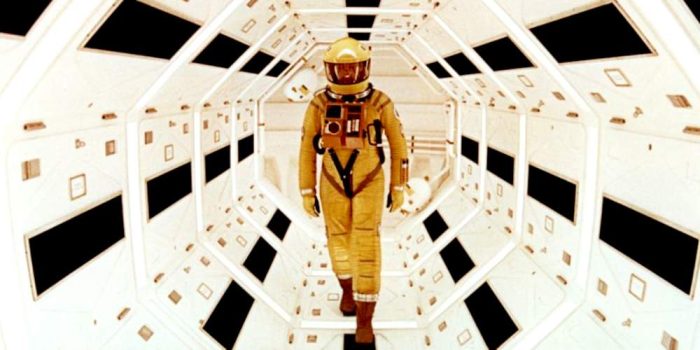
From the first dramatic feature film ( The Story of the Kelly Gang in 1906) to sold-out blockbuster viewings (e.g. Avengers: Endgame in 2019), the film industry has come a long way.
Along the way, only a handful of films have been so definitively important as to change the entire industry forever. These are the truest classic movies of cinema history.
From Chaplin to Welles, from Kubrick to Cameron, movies that shake up the status quo and push the art form forward are few and far between—but when they do show up, their seismic impact can't be missed.
Here are the most important classic movies that everyone should see. These are landmark films in the deepest sense, and they're living evidence of how movies have evolved.
1. The Story of the Kelly Gang (1906)
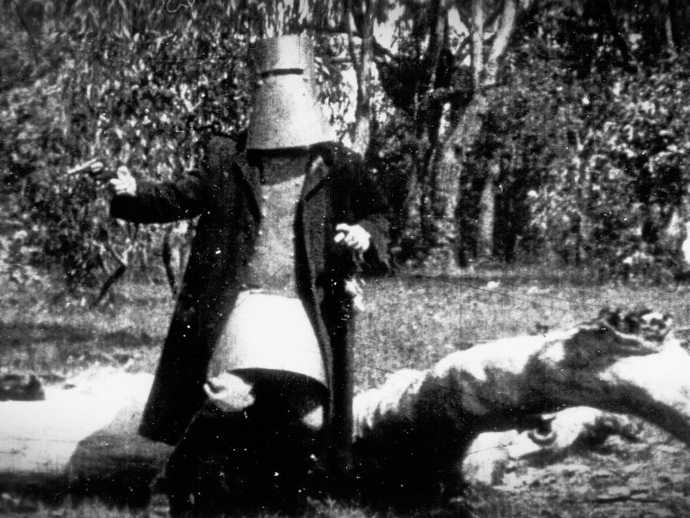
Directed by: Charles Tait (unconfirmed)
There's no way we could ignore this one. As the first feature-length film ever made, all other movies owe themselves to this one Australian project and the ambitions of those who made it.
Details about the film are notoriously hard to gather, as only 15 minutes or so still exist of the original film (which you can watch on YouTube).
As far as anybody knows, Charles Tait directed the film... but nobody can confirm that because even though Tait financed production, there's no surviving evidence that Tait was actually the one behind the camera.
Meanwhile, only two actors have been confirmed as starring in The Story of the Kelly Gang : John Forde and Elizabeth Tait.
However, we do know that The Story of the Kelly Gang was a huge success, bringing in £25,000 in revenue against its meager budget between £450 and £1,000. It was the main catalyst for spurring the film industry out of novelty and into mainstream culture.
2. The Jazz Singer (1927)
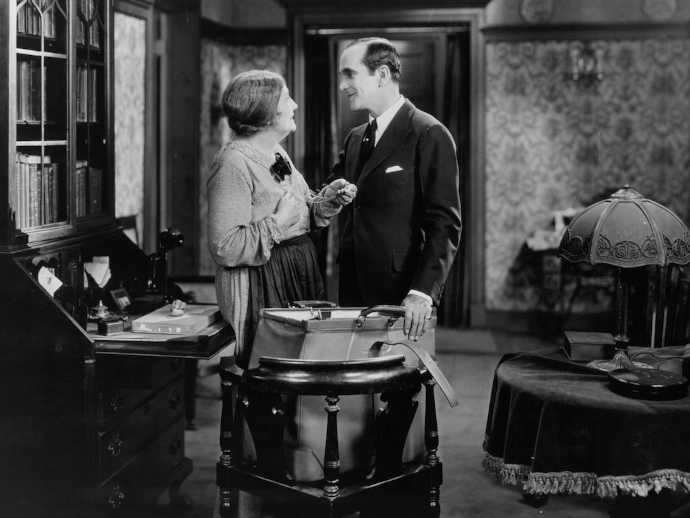
Directed by: Alan Crosland
The Jazz Singer was the first film produced with sound, taking the entire film industry out of the silent era and into a brave new world.
While The Jazz Singer itself didn't necessarily shake up the industry—since the accompaniment of sound was an inevitability with film—the fact that it was first makes it unmissable.
Starring Al Jolson, the story depicts a young Jewish man who yearns to be a jazz singer in New York against the wishes of his stern father.
People rushed to see The Jazz Singer in theaters, resulting in major success at the box office with over $2 million earned against a $400,000 budget. It was also nominated for Best Writing at the very first Academy Awards, further solidifying its place in history.
3. City Lights (1931)
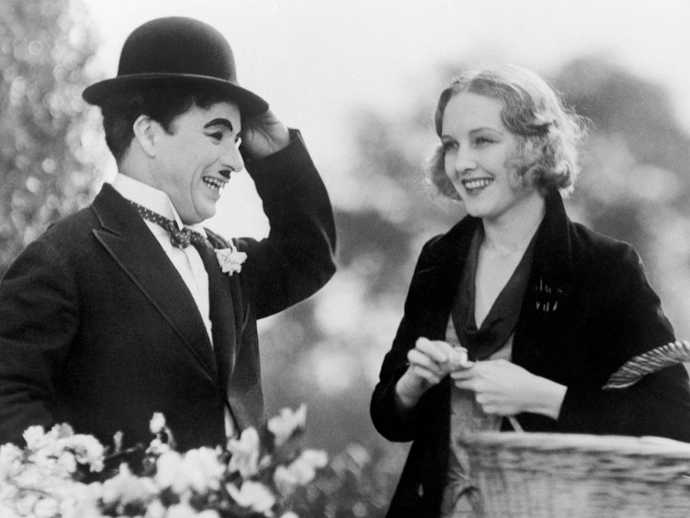
Directed by: Charlie Chaplin
While there are other examples of romantic comedies before 1931, Charlie Chaplin's City Lights is the one that all others are still trying to be. It's supremely funny—as all Chaplin movies were—and the physical stunts are a marvel to behold.
However, what really makes City Lights special is the profound emotional impact of its final scene. Without giving too much away, the final sequence has often been described as one of the most beautiful moments ever captured on celluloid.
In any romantic comedy, the key to success is having the characters so emotionally invested in one another that their connection lights up the screen. Otherwise, the film is doomed before it can even begin.
City Lights is the first real example of cinema that nails it, as the connection between The Tramp and The Flower Girl still makes people weep 90 years later.
4. Snow White and the Seven Dwarves (1937)
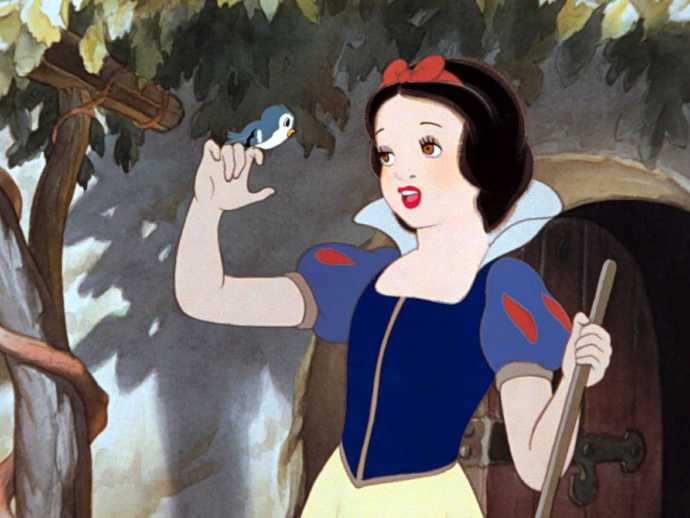
Directed by: David Hand, William Cottrell, Wilfred Jackson, Larry Morey, Perce Pearce, Ben Sharpsteen
While The Story of the Kelly Gang was the first feature-length live-action film to ever be made, Snow White and the Seven Dwarves was the first traditionally animated feature-length film ever produced.
The keyword here is "traditionally," which is what marks Snow White as uniquely special. There were other feature-length animations before it, but they were done using other methods (not entirely hand-drawn).
Most people still know the story of Snow White , and that's because of this film's successful execution and enduring popularity.
Walt Disney's maiden animation changed the industry—not only for being a milestone in animation, but for meant for Walt Disney and his entire company. To this day, The Walt Disney Company is the biggest studio in Hollywood by a wide margin.
5. Citizen Kane (1941)
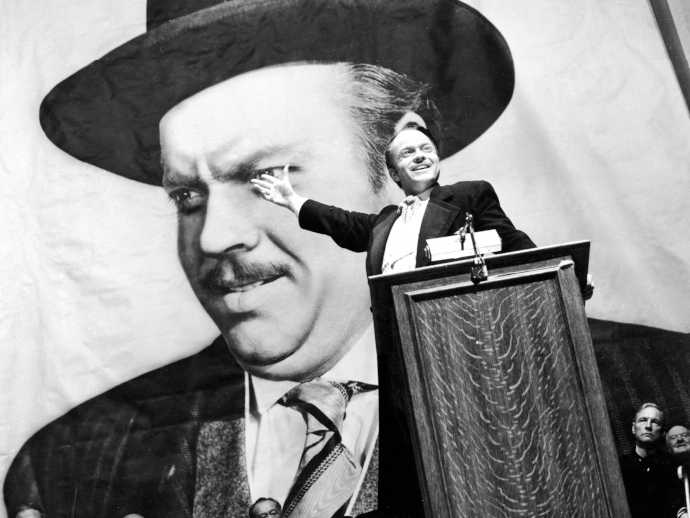
Directed by: Orson Welles
Never again will there be a film like Citizen Kane . It represents the peak of cinema, what the art form was building to ever since moving images became reality. Some even say there are two distinct eras in Hollywood: before Kane and after Kane .
Made by then-26-year-old Orson Welles, Citizen Kane broke ground by popularizing yet-unrecognized filmmaking techniques as well as featuring one of the greatest film scripts ever written.
To list all the reasons why Citizen Kane is so important would require an entire book, but consider this: the fact that credits roll at the end of movies is itself a legacy of Citizen Kane , which was the first film to do so.
6. Seven Samurai (1954)
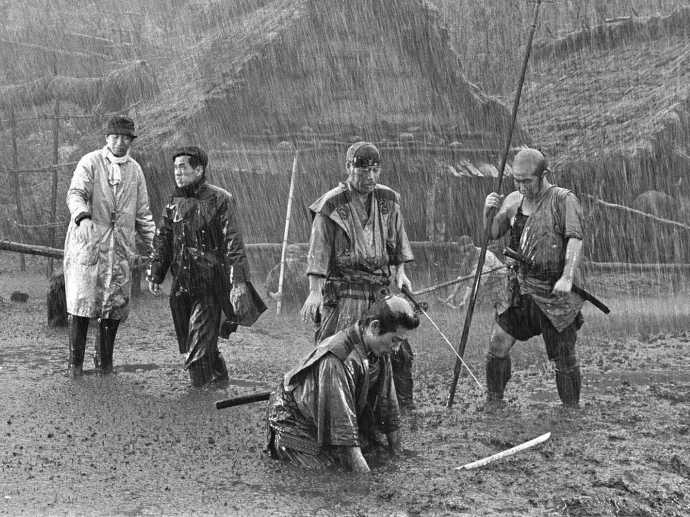
Directed by: Akira Kurosawa
Few films have been as influential as Seven Samurai . Akira Kurosawa's perfect tale of seven samurai who've been hired to protect a poor village from bandits has been directly remade at least twice, including John Sturges' The Magnificent Seven .
The film's production was fraught with problems by the studio, who cut budget multiple times. This apparently left Kurosawa to go fishing as he waited for the studio to realize they had to let him finish, otherwise they'd never make a return on the money they already invested.
Seven Samurai's influence extends beyond mere remakes. It was one of the first examples of a foreign film that not only came out in America, but changed the way American filmmakers approached their craft. This bled into wider film culture as a whole.
Many modern films that use the trope of assembling a team (The Avengers, anyone?) can trace their roots to Seven Samurai . Zack Snyder of The Justice League explicitly cited Seven Samurai as an inspiration.
7. Psycho (1960)
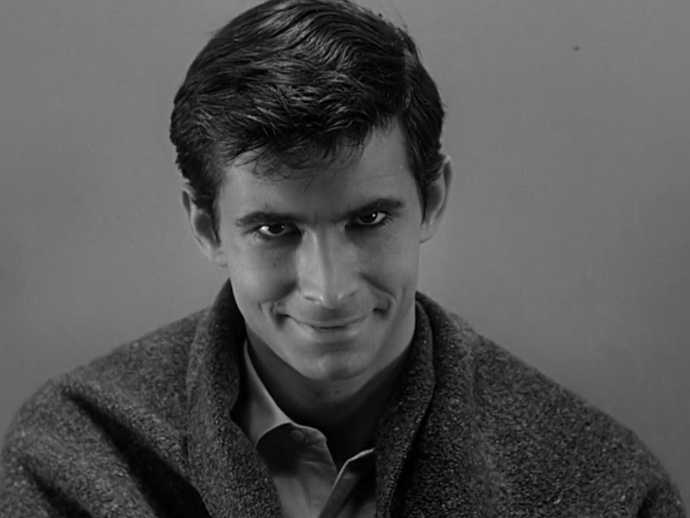
Directed by: Alfred Hitchcock
Psycho is Alfred Hitchcock's best-remembered masterpiece, next to other classics of his like Rear Window and Vertigo .
The amazing thing about this film is that nobody wanted to touch the project when Hitchcock first pitched it. It wasn't like he was an up-and-comer either—by this point in his career, Hitchcock had already made Rear Window , Vertigo, Rope, North By Northwest , among others.
But due to the level of violence involved in the story, nobody wanted to produce it. So, in true auteur fashion, he financed it himself.
The shower scene has become one of the most iconic movie sequences of all time, with Hitchcock pulling a fast one on the censors—who demanded that he remove any scenes that show a knife visibly entering a body—by showing that in fewer than 5 frames.
Psycho is now widely seen as the film that set a new standard for movie violence, and some even credit it with starting the slasher genre. In either case, movie violence wouldn't be the same today without Psycho .
8. 2001: A Space Odyssey (1968)
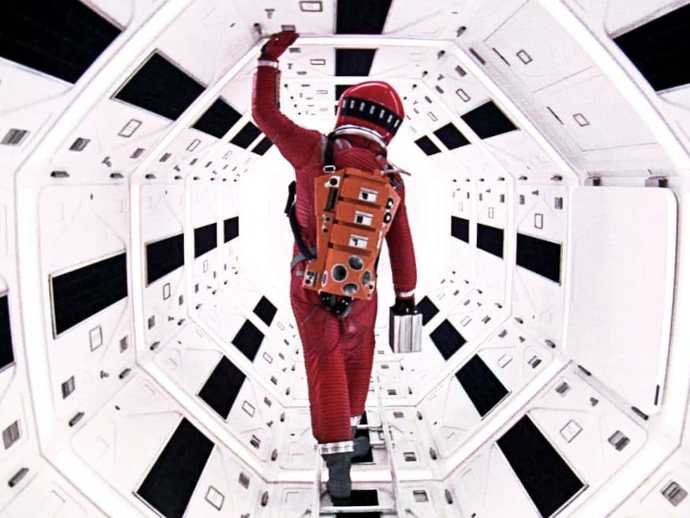
Directed by: Stanley Kubrick
While 2001: A Space Odyssey might not have been the first sci-fi film ever made, it's the reason why sci-fi cinema is popular today.
In truth, there's still nothing quite like Kubrick's film. It's "true meaning" has never been explained, and the number of different interpretations that the film has inspired since its release is staggering.
Some even say that 2001: A Space Odyssey both invented and killed the modern sci-fi genre, simply because nobody could ever make a film better than it. A few sci-fi movies could be considered on par, but none have ever really surpassed it.
Without the influence of 2001: A Space Odyssey , we never would've gotten films like Solaris , Star Wars , Blade Runner , Alien , or Interstellar .
9. Star Wars: A New Hope (1977)
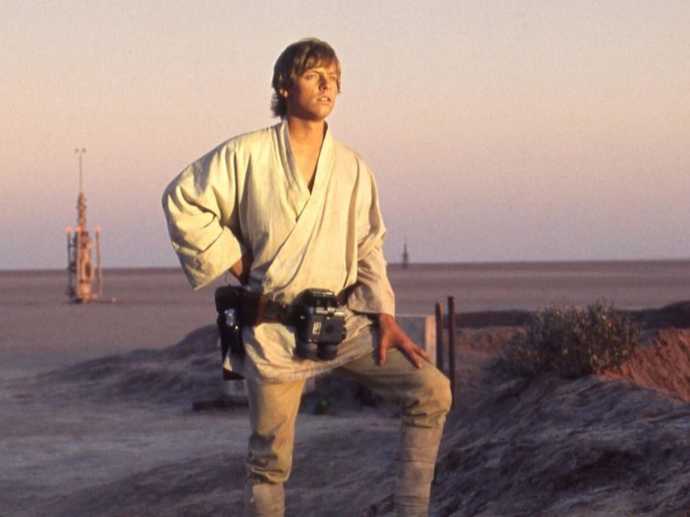
Directed by: George Lucas
While 2001: A Space Odyssey might be the benchmark in modern cinematic sci-fi genius, it was Star Wars: A New Hope that carved out its own piece of societal culture.
When you look at its box office intake and adjust for inflation, you find that Star Wars: A New Hope smashed box office records by earning a whopping $775 million against a budget of $11 million, making it one of the most financially successful films of all time.
To this day, Star Wars is the only mega-franchise that was born in cinema. Compare that to the Marvel Cinematic Universe (which started as comics), Harry Potter (which started as books), or Pokemon (which started as video games).
That's what makes Star Wars unique: it was tailor-made for movie theaters from the very beginning, and it successfully opened up society's mind to the fantastical potential of cinematic experiences.
10. Terminator 2: Judgment Day (1991)
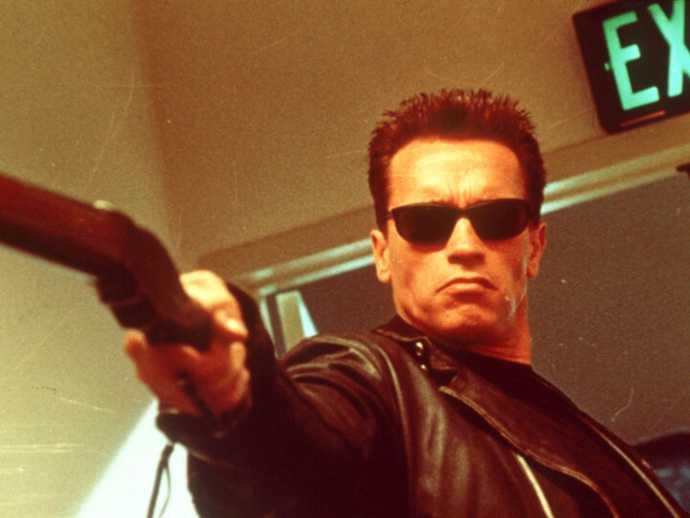
Directed by: James Cameron
While most of the classic movies on this list are important for stylistic or cultural reasons, Terminator 2: Judgment Day holds its own distinction for its skillful use of computer-generated visual effects.
Terminator 2 was groundbreaking as the first film to use computer effects to track realistic human movements and implement them on-screen, thus forever merging actors and computers.
James Cameron has always been one to push the boundaries of what's possible with visual effects. When he was handed the biggest budget of any film up to this point—somewhere around $100 million—of course he used CGI in ways no other production had done.
Without Cameron and Terminator 2 , other filmmakers wouldn't have understood how brilliantly CGI could be used in their own films. In many ways, we can thank Terminator 2 for subsequent masterpieces like The Lord of the Rings and The Matrix .


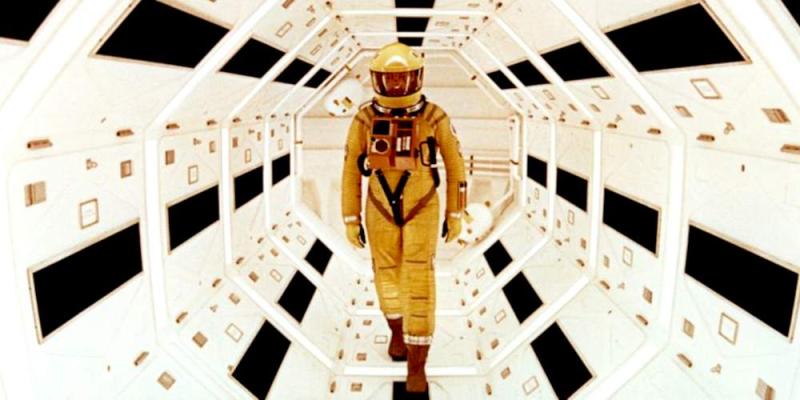






Classic movies have always been my favourites, and I would multiply this list, save that the author is indicating that these particular movies were each trendsetters. By the way, it's Snow White and the Seven Dwarfs, nor Dwarves.
I have seen 5 of them
I've seen all of them more than once, except for the original 1906 one, which I have never seen. I'm lucky that they play many English language classical movies here very often.